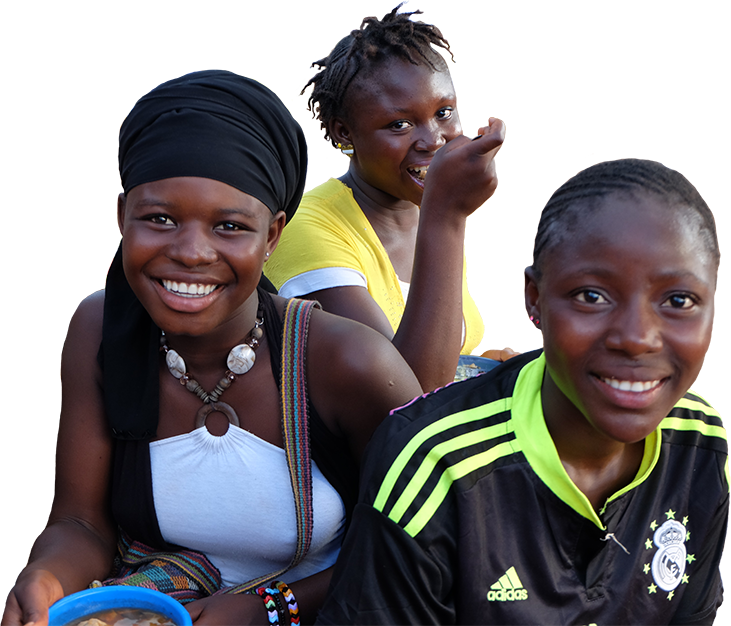Strong systems are important for implementing nutrition services and programs. Adolescents have unique nutritional needs, depending on and affected by their physical, social, and emotional development. Programs and services to support adolescents must be reflected in policies, protocols, strategies, and guidance. Policymakers and program managers need to strengthen the human resource, information, and financial systems to provide or expand nutrition services and programs in locations where adolescents are best reached. The Adolescent Nutrition Resource Bank includes examples of policies and protocols that address adolescent nutrition..If you have relevant systems strengthening resources, please send them to info@advancingnutrition.org.
We found 87 resource(s)
Nepal Multisector Nutrition Plan I: 2013-2017
Policy published by Government of Nepal, National Planning Commission in
Nepal's Multi-sector Nutrition Plan for 2013-2017 focused on reducing maternal and child under-nutrition. This document discusses interventions for adolescents, including adolescent girls parenting education integrated with an early childhood development and literacy package, weekly IFA supplementation, a life skills initiative, school meals…
A Strategic Approach to Reproductive, Maternal, Newborn, Child, and Adolescent Health (RMNCH+A) in India
Policy published by Ministry of Health and Family Welfare, GOI in
This RMNCH+A strategy promotes links between interventions to enhance coverage throughout the lifecycle to improve child survival in India. The “+” in the acronym refers to the inclusion of adolescence as a distinct life stage within the overall strategy. The strategy addresses issues such as adolescent nutrition education, micronutrient…
New Zealand Food and Nutrition Guidelines for Healthy Children and Young People: A Background Paper
Guideline/Guidance published by Ministry of Health, New Zealand in
This document contains a background paper and food and nutrition guidelines for New Zealand children and youth ages 2 to 18. The paper provides health practitioners with recommendations on adolescent nutrition and physical activity. The document contains information on meal patterns, growth and body size, energy and nutrients, fluids, the home and…
Afghanistan Food Security and Nutrition Agenda (AFSANA)
Policy published by Government of the Islamic Republic of Afghanistan in
The Afghanistan Food Security and Nutrition Agenda provides an overarching approach for addressing the causes of food and nutrition insecurity. The agenda incorporates adolescent nutrition, including self-care to prevent and treat nutritional disorders, counseling, and operations research to be conducted by the ministries of public health and…
Madagascar Plan National D'Action pour la Nutrition (PNAN II) (2012-2015)
Policy published by Republic of Madagascar in
This document contains Madagascar's overarching nutrition strategy for 2012 to 2017 (PNAN II). PNAN II laid the foundation for including adolescent nutrition in the national nutrition strategy. One of PNAN II's primary interventions is the promotion of nutrition for children and youth ages 13 to 20.
Making Health Services Adolescent Friendly: Developing National Quality Standards for Adolescent-Friendly Health Services
Guideline/Guidance published by WHO in
This guidebook presents the public health rationale for making it easier for adolescents to obtain the health services they need to protect and improve their health. It provides step-by-step guidance on developing quality standards for health service provision to adolescents and on identifying actions to assess whether the standards have been met…
Prevention of Iron Deficiency Anemia in Adolescents: Role of Weekly Iron and Folic Acid Supplementation
Guideline/Guidance published by WHO in
This document presents a brief review of the evidence on weekly iron-folic acid supplementation (WIFS) from the scientific literature. It presents the findings from several developing countries in Asia, Africa, and South America.
La Importancia de la Educacion Nutricional (Spanish); Why Nutrition Matters (English)
Framework published by FAO in
This document outlines the FAO's commitment to improving global nutrition and food security through nutrition education. It describes effective nutrition education and highlights several possible strategies to integrate nutrition education, improved food security, and health promotion.



